Introduction
In a concerning development, the Indian Embassy in the Democratic Republic of the Congo (DRC) has issued an urgent advisory, asking Indian nationals to leave immediately and move to safer locations. The advisory comes amid rising security threats, escalating violence, and increasing instability in the country. The situation has raised critical questions about the reasons behind the warning, the risks for Indian citizens, and the broader implications for global diplomacy and security.
With tensions in the DRC worsening, Indian expatriates, business owners, and diplomats are left wondering about the next steps. What triggered this sudden escalation? How serious is the threat to Indian nationals? And what actions are being taken to ensure their safety?
In this article, we break down five urgent questions surrounding the Indian Embassy’s warning and analyze the potential consequences for those affected.
1. Why Has the Indian Embassy Issued This Urgent Advisory?
The advisory from the Indian Embassy follows a surge in violence in the DRC, particularly in regions with ongoing armed conflicts. The primary concerns behind this warning include:
- Escalating Clashes Between Armed Groups: Rebel factions and government forces have been engaged in intensified battles, particularly in eastern Congo, making security unpredictable.
- Political Instability: Recent political unrest has added to the chaos, with fears that protests or government actions could lead to further violence.
- Targeted Attacks on Foreign Nationals: Reports suggest that foreign nationals, including business owners and expatriates, are increasingly vulnerable to attacks, looting, and kidnapping.
- Disruptions to Essential Services: Power outages, transportation shutdowns, and supply chain disruptions have made it difficult for civilians, including foreign residents, to access necessities.
The embassy’s warning underscores the urgency of the situation and signals that Indian nationals must act swiftly to relocate for their safety.
2. How Many Indian Nationals Are in the DRC, and Who Is at Risk?
The Indian community in the DRC consists of:
- Business Owners & Entrepreneurs: Many Indian nationals operate businesses in sectors such as mining, trade, and manufacturing.
- Diplomatic and Embassy Staff: Indian diplomats and officials stationed in the country are also potentially at risk.
- Students and Professionals: A smaller population of students and professionals working in healthcare, engineering, and education sectors may also be affected.
Given the diverse presence of Indians in the country, the risks vary depending on their location and occupation. Individuals in conflict-prone areas face a greater threat, while those in relatively stable cities may still experience disruptions in essential services and growing security concerns.
3. What Measures Are Being Taken to Evacuate Indian Nationals?
The Indian government is closely monitoring the situation and has initiated several steps to assist its citizens, including:
- Advising Immediate Relocation: The embassy is urging citizens to move to safer regions or leave the country if possible.
- Providing Assistance for Evacuation: Reports indicate that India is coordinating with airlines and local authorities to facilitate the safe departure of those in need.
- Strengthening Communication Channels: Helplines have been set up for Indian nationals to seek guidance, report emergencies, and request assistance.
- Possible Military or Airlift Evacuation: If the situation deteriorates further, the Indian government may consider airlifting citizens, as has been done in previous crisis situations in conflict zones.
For now, Indian nationals are advised to stay in contact with the embassy and follow the official guidance provided.
4. How Will This Crisis Impact India-DRC Relations?
India and the DRC share strong diplomatic and trade ties, particularly in:
- Mining and Natural Resources: Indian businesses have significant investments in Congo’s mining industry, especially in cobalt and copper.
- Infrastructure and Trade: Indian firms contribute to infrastructure projects, and bilateral trade is a key part of the economic relationship.
- Diplomatic Engagements: India has historically maintained friendly relations with the DRC, supporting development and stability efforts in the region.
However, the current crisis could strain relations in the following ways:
- Economic Disruptions: Indian businesses may face losses or be forced to suspend operations in conflict zones.
- Diplomatic Challenges: Ensuring the safety of Indian nationals while maintaining good relations with the Congolese government could be a delicate balancing act.
- Long-term Security Concerns: If instability persists, India may reconsider its economic engagements in the region or adopt a more cautious approach.
5. What Are the Broader Global Implications of the DRC Crisis?
The situation in the DRC is not just a regional issue but has global repercussions. Some key implications include:
- Impact on Global Trade: The DRC is a major producer of critical minerals such as cobalt, which is essential for electronic and battery manufacturing. Continued instability could affect global supply chains.
- Increased Refugee Movement: The worsening crisis may lead to displacement, with refugees seeking asylum in neighboring countries, creating humanitarian challenges.
- Geopolitical Tensions: International stakeholders, including the UN, African Union, and major global powers, will be closely monitoring the crisis and may intervene diplomatically or militarily to restore stability.
Given these factors, the DRC’s crisis has far-reaching consequences that extend beyond its borders, impacting global markets, security, and international relations.
Conclusion
The Indian Embassy’s urgent warning to its nationals in the DRC highlights the seriousness of the ongoing crisis. With escalating violence, political instability, and risks to foreign nationals, the situation demands immediate action. While India is taking steps to protect its citizens, the future remains uncertain for both those affected and the broader economic and diplomatic relations between India and the DRC.
As developments unfold, the priority remains ensuring the safety of Indian nationals while closely monitoring the evolving crisis. For those still in the region, staying informed, prepared, and connected with embassy resources will be crucial in navigating this challenging situation. The coming days will reveal whether diplomatic efforts can stabilize the region or if further emergency measures will be required to safeguard Indian interests in the DRC.
Also Read-
1. 4 Major Questions After Trump Pauses Tariffs on Mexico: What’s Next for North American Trade?
2.5 Key Questions After China Hits Back at US With Tariffs: What’s Next for Global Trade?
3. 5 Urgent Questions After Deadly Car Bombing in Northern Syria: Who’s Behind It and What’s Next?

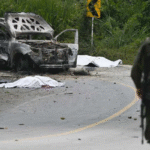
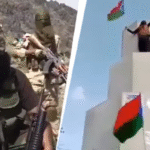
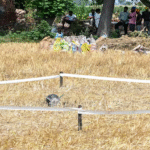
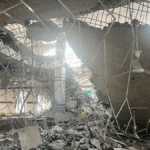




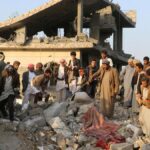

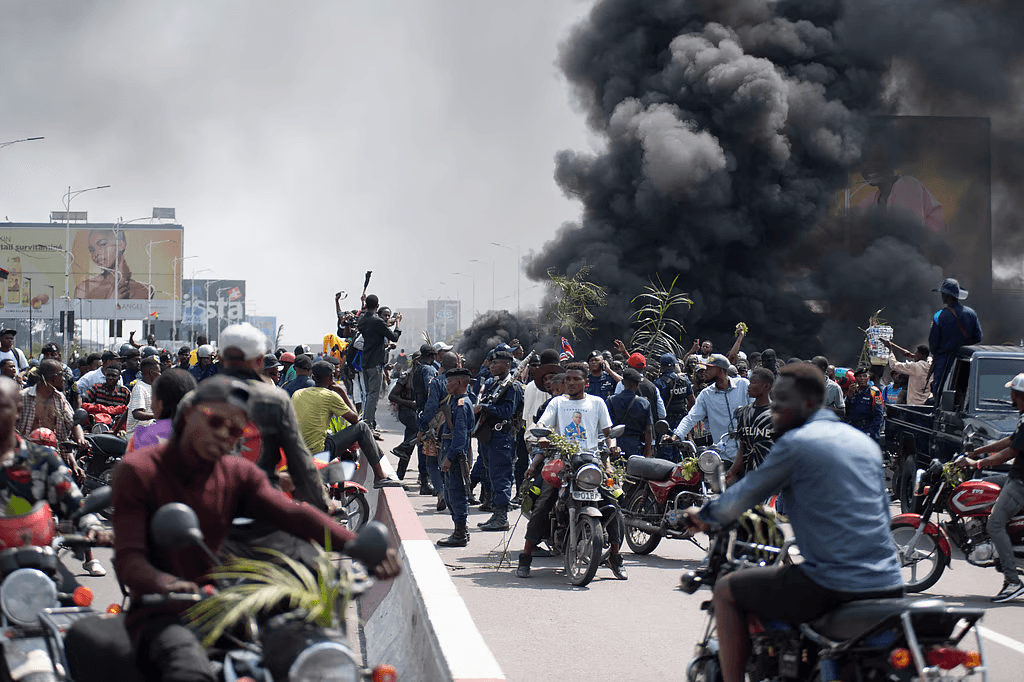

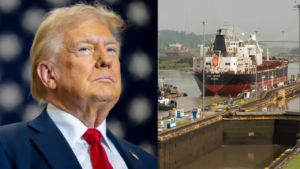
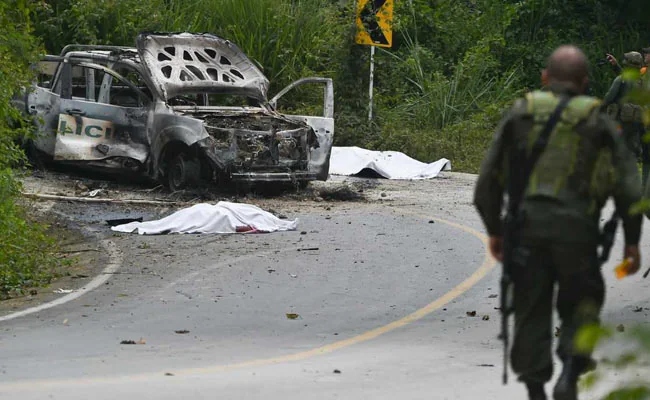
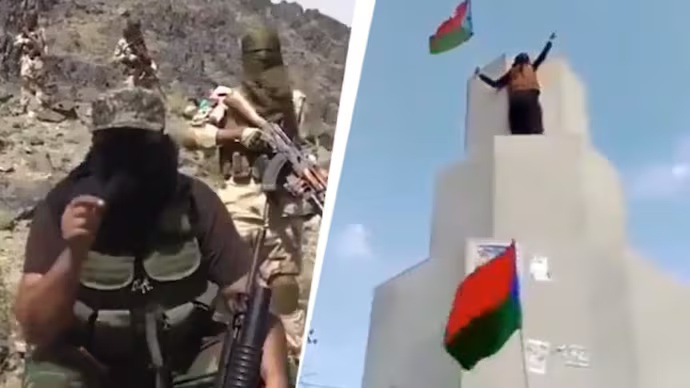
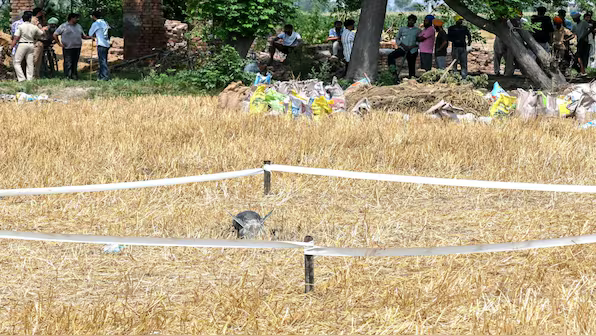
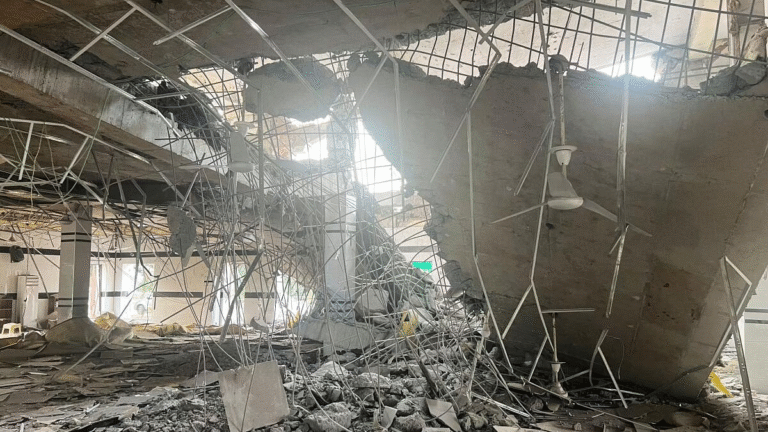
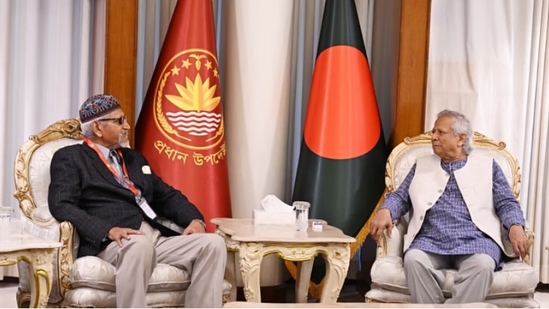

One thought on “5 Urgent Questions as Indian Embassy in Congo Warns Nationals to Relocate: What’s Driving the Crisis?”